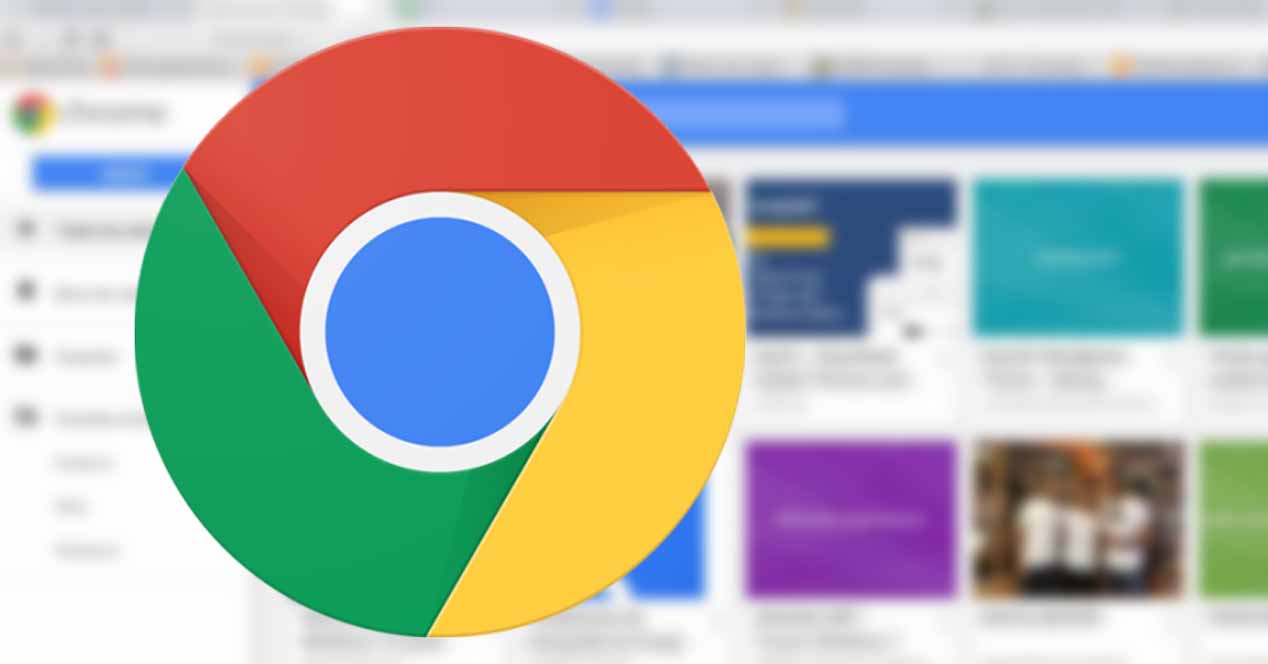

Chrome OS is a modified Gentoo Linux distribution. Technically, a Chromebook is by all intents and purposes a laptop. How does that compare with normal laptops? This opened up a great avenue for software, bringing new utility apps, word processors and more to the platform. ChromeOS now supports Linux software too. Most Chromebooks released after 2019 support Android apps, with Google launching the full Google Play Store on Chrome OS in 2016. Now, however, as the OS turns 11 years old, Chrome OS has matured into a surprisingly competent laptop operating system. It was designed primarily on the belief that everything you’ll ever need to do, you’ll need to do on the web.Īt the start, this meant that there were no offline applications-or at least not in the way that Windows, Mac or even Android users know them.

This lightweight OS centers mostly around the Chrome web browser. What is a Chromebook?Ĭhromebooks are any laptop devices that run the desktop operating system Chrome OS. What are the differences between Chromebooks and laptops? Which should you use for your specific workloads and requirements? Are there any disadvantages to picking a Chromebook over a normal laptop? In this article, we’ll compare Chromebooks to laptops and ultimately help you decide which would work best for you. What should you get… a Chromebook or a traditional laptop? With this trend of a rise in Chromebook usage expected to continue in 2022, that begs an important question: The lightweight OS popular in low-cost laptops soared in market share due to the rise in educational devices during the pandemic. Just a couple of years ago, in 2020, Chrome OS devices outsold macOS laptops in market share for the first time. On the fence on whether you should get a Chromebook or a laptop? In this post, we’ve covered the main reasons for getting a Chromebook over a laptop and vice-versa.


 0 kommentar(er)
0 kommentar(er)
